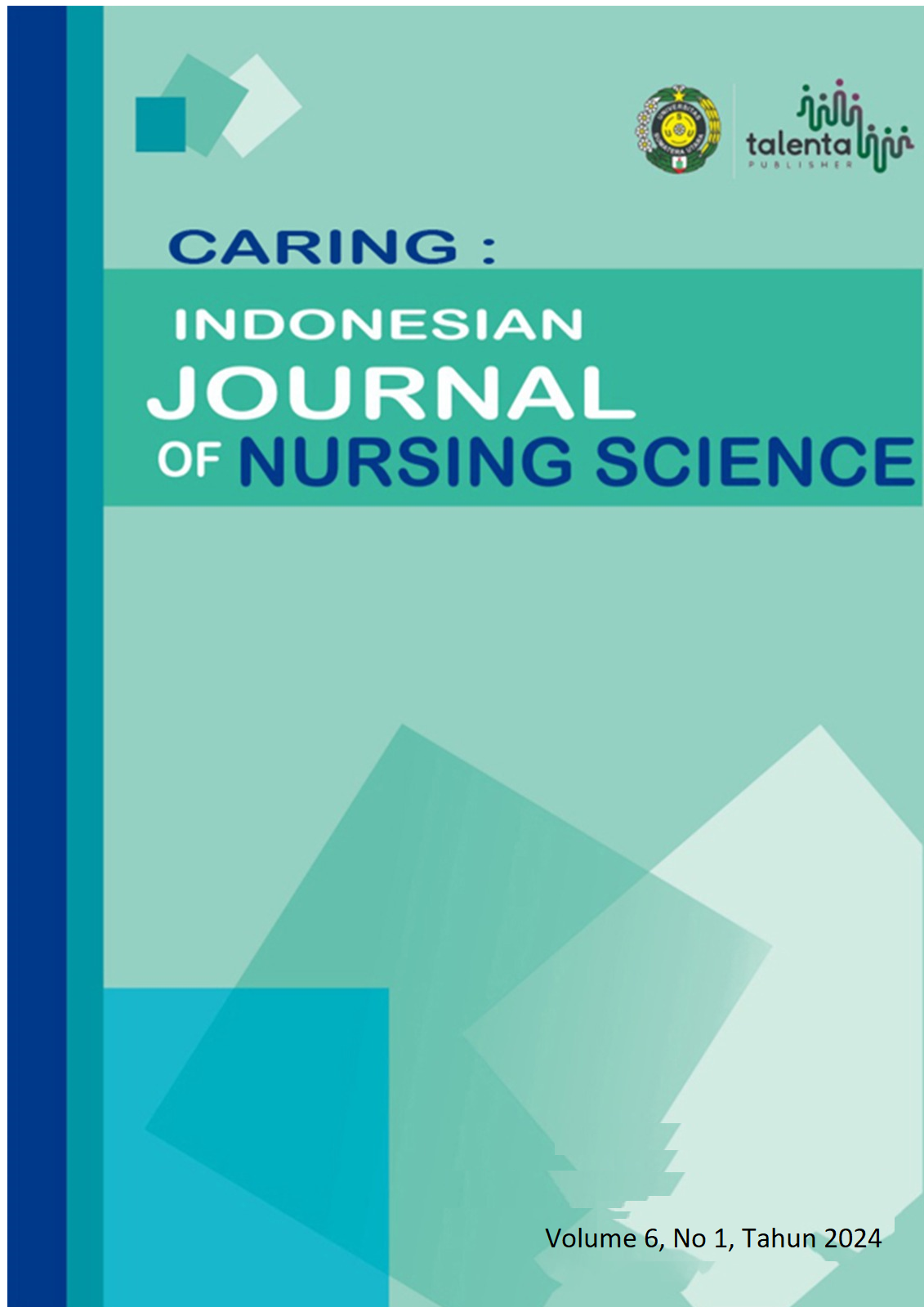Knowledge of Stroke Risk Factors Among Nurses at The Riverbank Public Health Centers in Banjar District, Indonesia
DOI:
https://doi.org/10.32734/ijns.v6i1.15094Keywords:
Knowledge, Nurses, Risk Factors, Riverbank, StrokeAbstract
The leading cause of mortality and morbidity worldwide is stroke. Nurses' knowledge of stroke risk factors is essential in intervening and taking preventive measures, identifying and managing patients at risk of stroke, and providing adequate care. An essential role for nurses is to prevent more severe complications to reduce disability and death from stroke. This study aimed to determine nurses' knowledge of the riverbank public health centers about risk factors for stroke in the Banjar district. The method used was descriptive quantitative using a questionnaire about nurses' knowledge of stroke risk factors with univariate analysis that presents frequency distribution tables and percentages of variables. The sample size was 45 respondents, using a total sampling technique in Martapura Barat, Martapura Timur, and Sungai Tabuk 3 Public Health Center. Data collected from September-October 2023. The study results were the knowledge of nurses at the riverbank public health centers; 33 participants (73.3%) had sufficient knowledge. Respondents' characteristics are that most women are 25 participants (55.6%). There were 32 participants (71.1%) with a Diploma III (D3) educational background, 43 participants (95.6%) who have never attended stroke-related training, and 36 participants (80%) who work for non-communicable diseases.
Downloads
Downloads
Published
How to Cite
Issue
Section
License
Copyright (c) 2024 Caring: Indonesian Journal of Nursing Science

This work is licensed under a Creative Commons Attribution-ShareAlike 4.0 International License.








